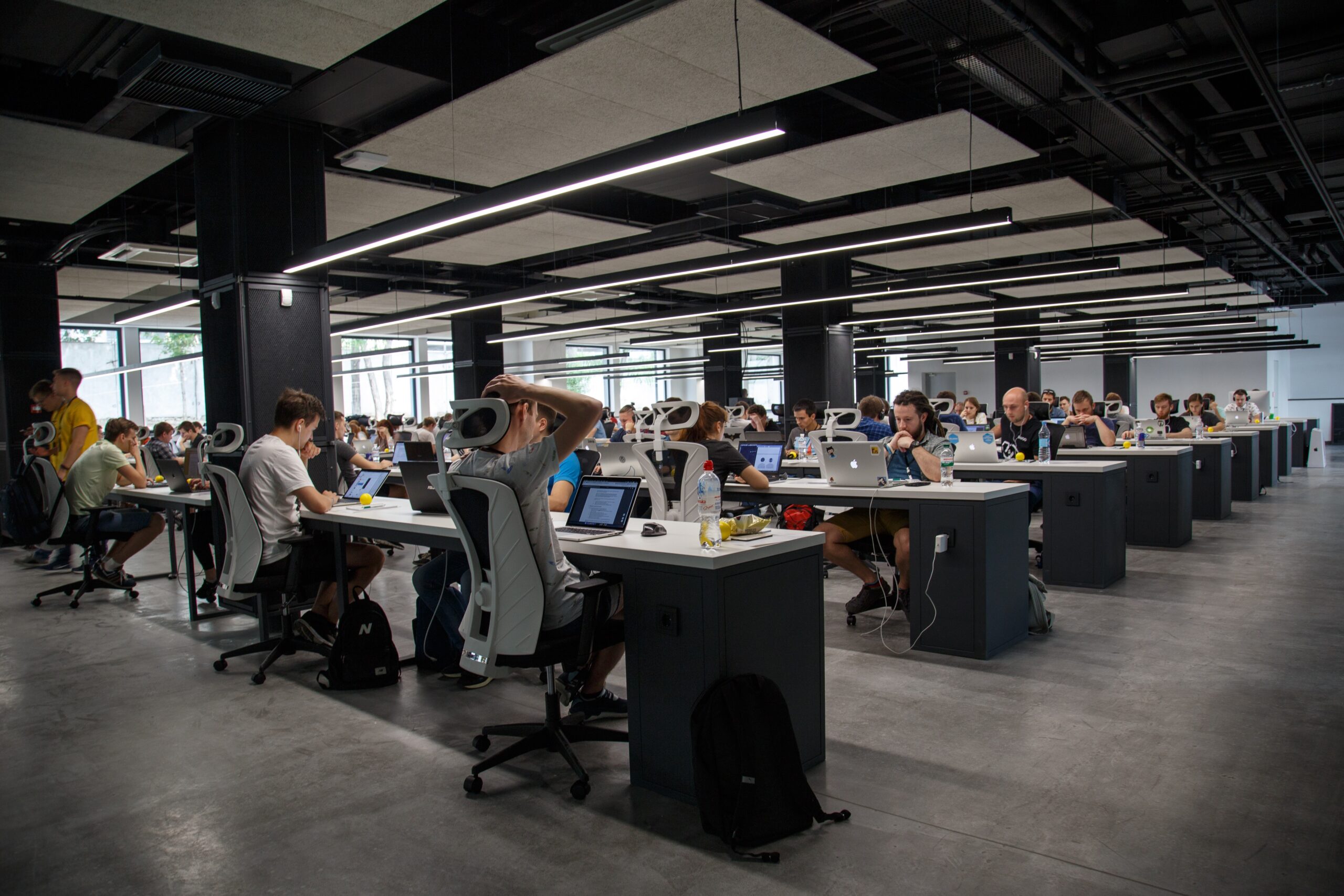Finding The Best Arabic Simultaneous Interpreter, And What Can A Simultaneous Interpreter Be Used For:
Simultaneous Arabic language interpreting tends to take place among large crowds or groups of people, like in the United Nations, Conferences, Government Meetings, Conventions, large gatherings and delegations, certain Court Cases, Symposiums, Trade Shows, Colledge or School foreign visitors, and other events.

An Arabic Simlutenous Interpreter has to be sharp, quick, and alert. If an Arabic Interpreter fires the wrong word, it is like a fired bullet, that you can’t get back into a gun barrel, once released. A wrong word goes out, the damage is already done, and the damage to the meaning can be from minimal to massive, depending on how had the sentence structure has changed.
An Arabic Linguist takes the source/ original spoken words and converts them into a target language. If the speaker is addressing the crowd in English, the Interpreter will go in Arabic to the audience word-for-word and without pausing. The same scenario happens, when the process goes into reserve. If someone from the audience or a panel member either can’t speak English or feels more comfortable in addressing the crowd in the Arabic language. The Interpreter immediately reverses roles and starts his relay going the opposite way from the Arabic Language now being the Source Language (SL) and English becomes the Target Language (TL). This can happen numerous times within a minute in some instances, all depending on the venue, the interpreter is working on, requiring sharpness, aptness, and the interpreter to be on the edge of his seat, with a clean, clear, laser-focused bi-directional brain. His hands also have to be on the ready with the equipment switching which has to occur concurrently each time there is a language switch or the slightest interruption.
An Arabic Simultaneous Interpreter will require plenty of electronic equipments to be able to manage function properly, including but not limited to, a soundproof booth, a good quality headset, good quality noise-canceling microphone, amplifiers, equalizers, mixers, and a sound engineer. Depending on the type of function, you might require anywhere between two and up to six or possibly seven interpreters per each language necessitated for that assignment.
The reason that you need a group of Simultaneous Interpreters, is the rotation aspect. Simultaneous Arabic Interpreting is very draining, challenging, and exhausting due to the heavy level of concentration expected and required.
Simultaneous Arabic Interpreter – Interpreting Services (interpreting-services.net)
On rare occasions, when it is only one individual that requires the interpreting, no equipment is required then. The Arabic Interpreter will sit next to the listener who does not speak or understand the speaker’s language. The interpreter then interprets the speech or spoken words into the listener’s ear, in what is called whispered simultaneous interpreting, while still going from English into Arabic or vice versa.
When you are seeking a certified, qualified interpreter for a Conference, court, government delegation, symposium, or even for a small business VIP executive meeting. Our Simultaneous Arabic Interpreters are ready to support.




